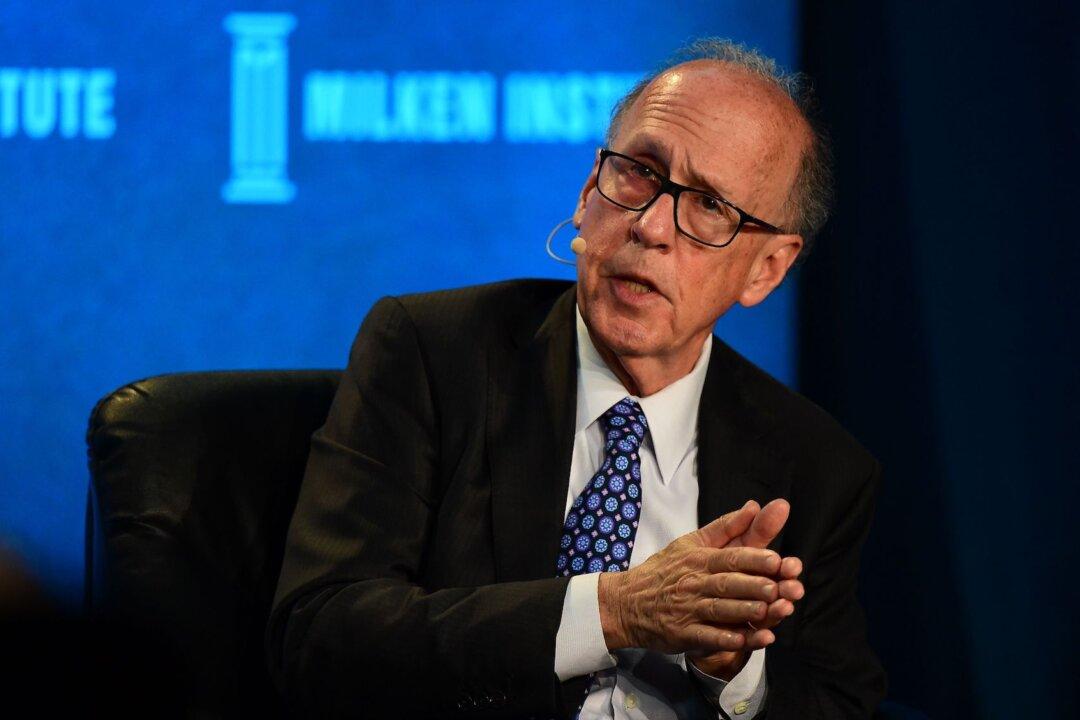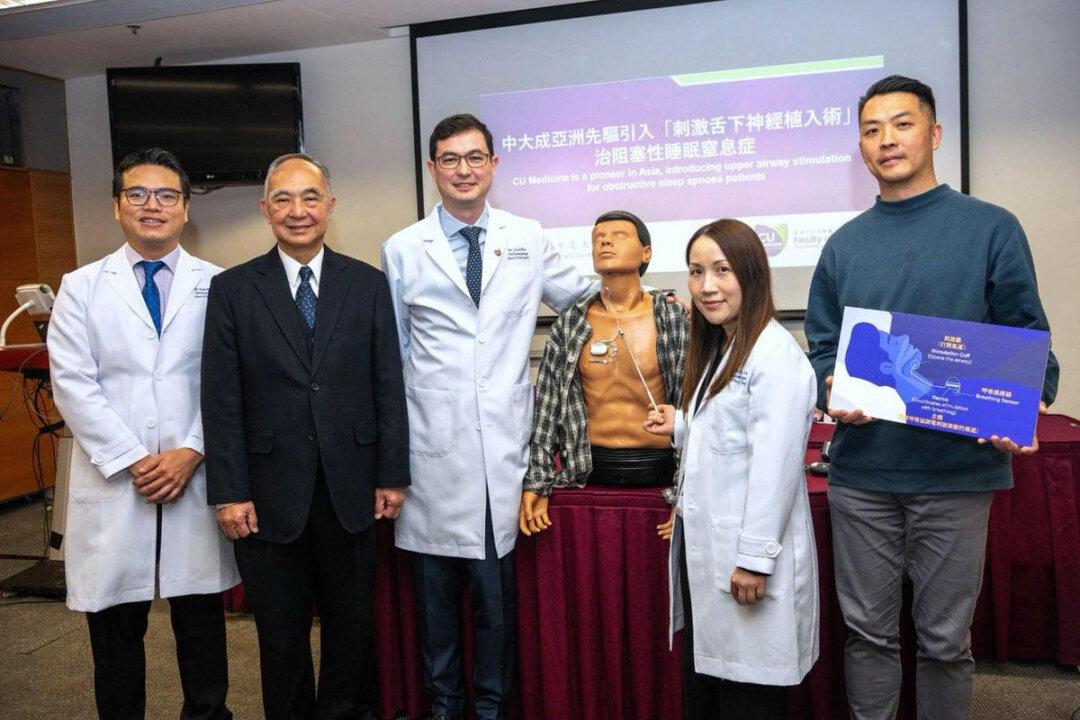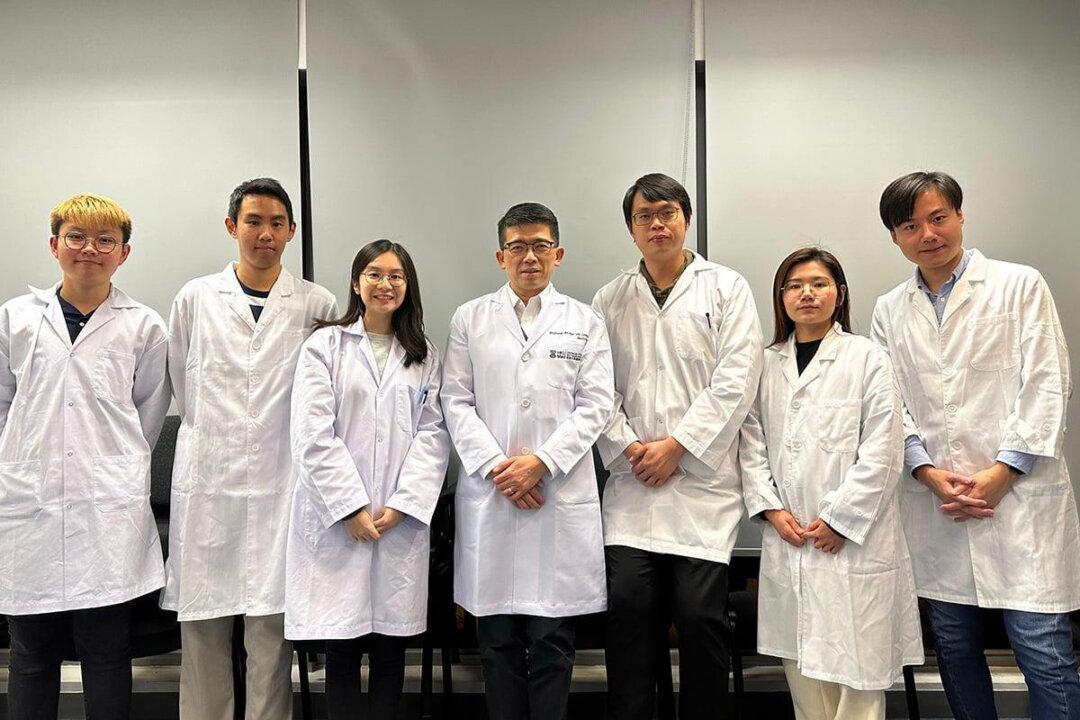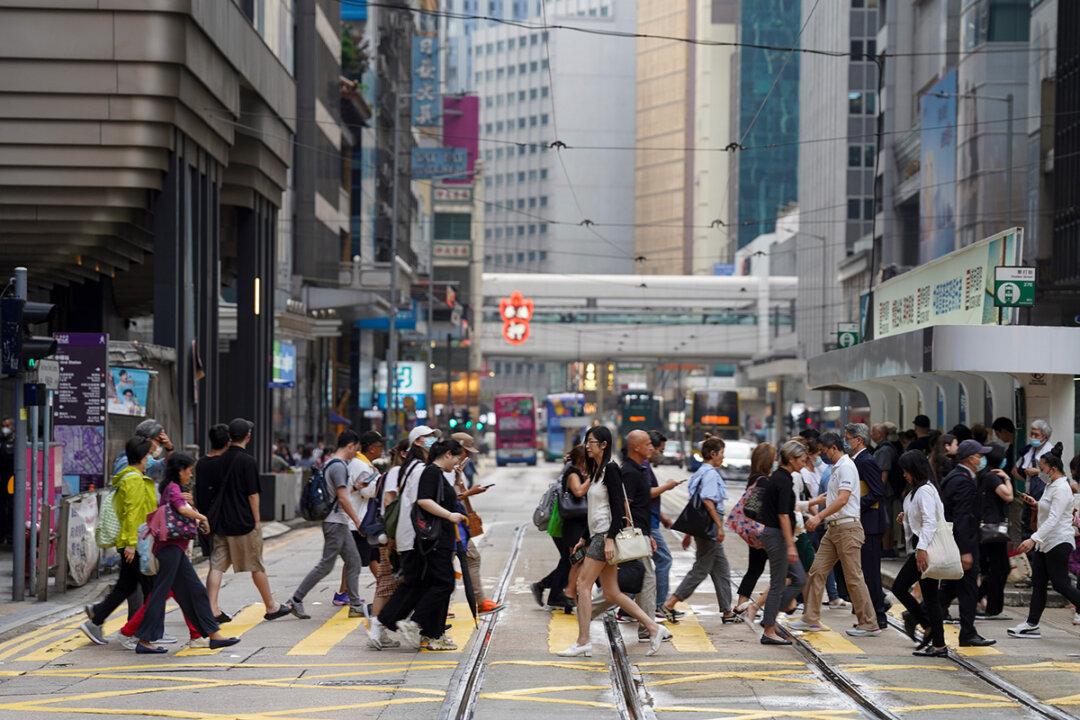Stephen Roach, former Morgan Stanley Asia chair and once considered Beijing’s “good friend,” said he was prohibited from expressing differing opinions on Hong Kong during his attendance at the China Development Forum in Beijing last week.
In late March, Mr. Roach was invited to attend the China Development Forum held at the Diaoyutai State Guesthouse in Beijing as the senior fellow at Yale University’s Jackson Institute for Global Affairs.




